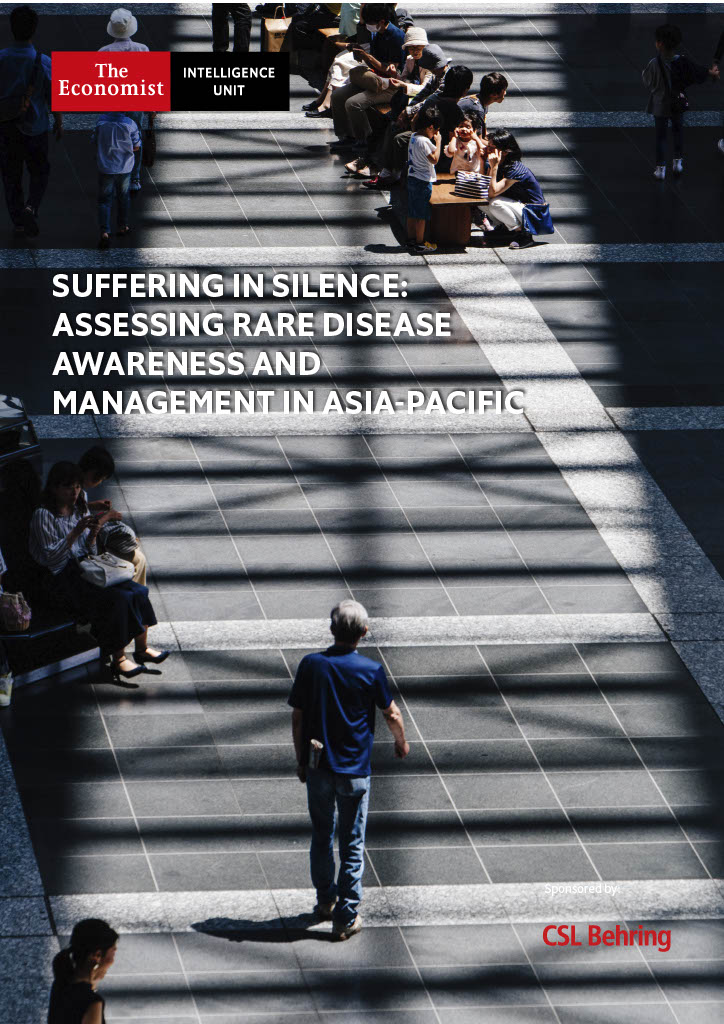
A unified voice is needed in Australia to better address the diverse needs of patients living with rare diseases and their families, QUT Professor Matt Bellgard told attendees at the virtual launch this month of a report into awareness and management of rare disease.
Professor Bellgard, QUT Director eResearch, was part of an expert panel discussion at the launch of The Economist Intelligence Unit report, Suffering in Silence: Assessing Rare Disease Awareness and Management in Asia-Pacific.
For its study, the Intelligence Unit surveyed more than 500 healthcare professionals in Australia, China, Japan, South Korea and Taiwan and interviewed 17 expert representatives of clinical and patient organisations including Professor Bellgard, Chair of the Asia-Pacific Economic Cooperation (APEC) Rare Disease Network.
 The report says there are about 6000 to 7000 “unique rare conditions” which can be collectively addressed as rare diseases due to the shared challenges they present for patients and their families, and for the health and social systems needed to provide care and support.
The report says there are about 6000 to 7000 “unique rare conditions” which can be collectively addressed as rare diseases due to the shared challenges they present for patients and their families, and for the health and social systems needed to provide care and support.
Survey participants across the five countries reported that:
- only about one third of patients with a rare disease received the best evidence-based care
- data on rare diseases, and knowledge about them among healthcare professionals, is limited
- the financial burden for patients and their families is substantial, with patients often having difficulty accessing employment or education
The report concluded that governments in the five countries had recognised the need to act and “slow and steady progress” towards more coordinated, integrated care for rare disease patients had been made – but urged policy-makers to do more.
Professor Bellgard said some of the important take-home messages from the report for Australia were:
- there needs to be better dialogue between government departments and agencies, industry, academics and patient advocacy groups
- a specific and meaningful definition of rare disease should be developed to frame policy response in each country
- there is a need to capture clinical, physiological, quality-of-life and patient-reported outcome data that can be aggregated within the health system and available across jurisdictions
- the quality of care that’s available to patients should not be based on their postcode

He said the Australian Government has committed to implementing the first National Strategic Action Plan for Rare Diseases, launched earlier this year.
“This is a positive step towards building systems that properly account for and manage rare diseases,” he said.
“Rare diseases have exposed the gaps within our health system.
“What we need is industry, peak patient advocacy groups, academics, and government departments and agencies all talking together, sharing expertise, sharing data, and creating a unified voice.
“If we can solve the complex challenges that rare diseases present to our health system then we will ultimately have a better health system.”
QUT Media contacts: Karen Milliner, 07 3138 1841 or k.milliner@qut.edu.au
After hours: Rose Trapnell, 0407 585 901 or media@qut.edu.au


